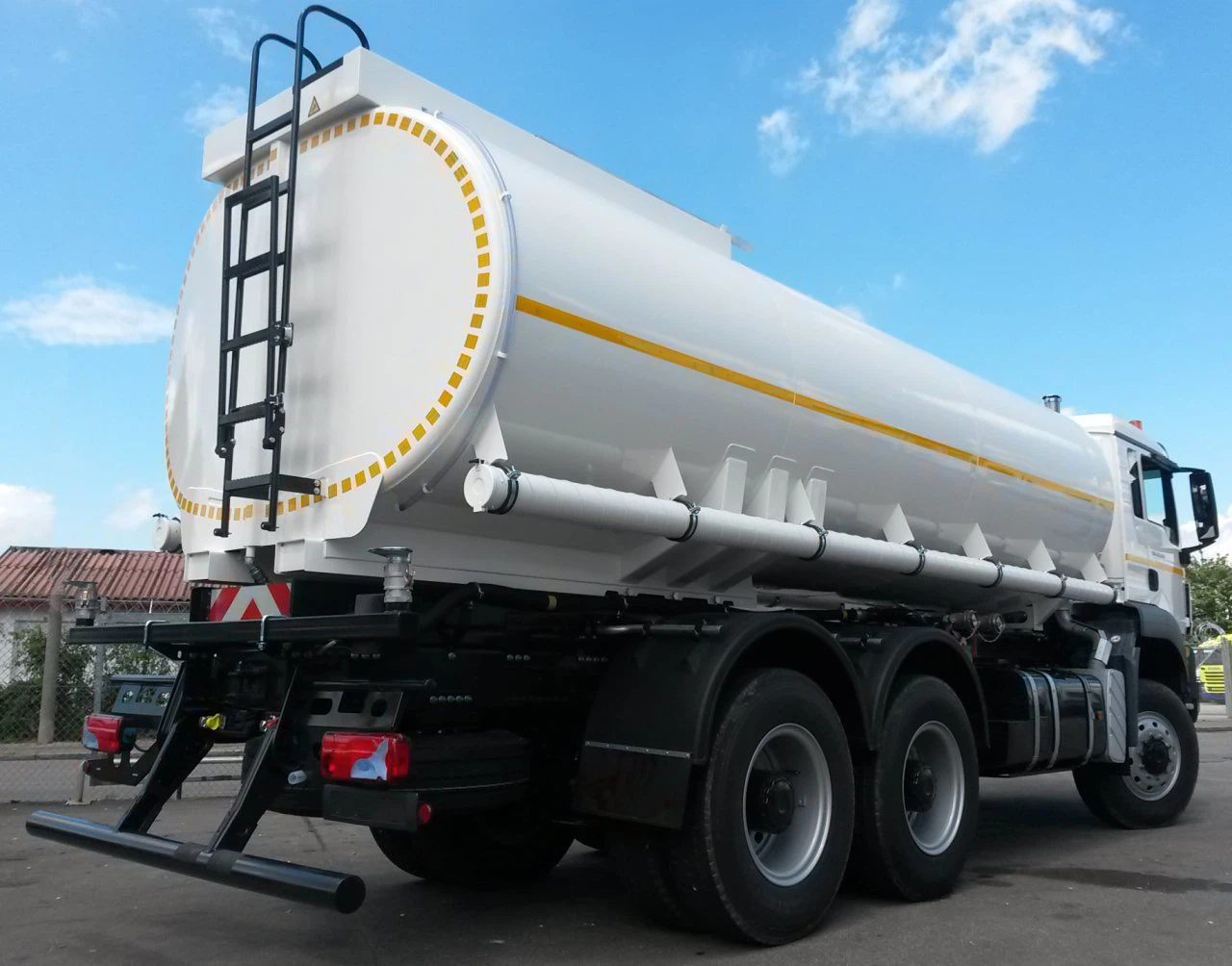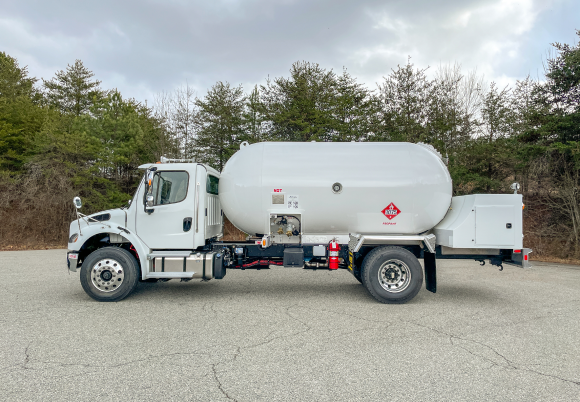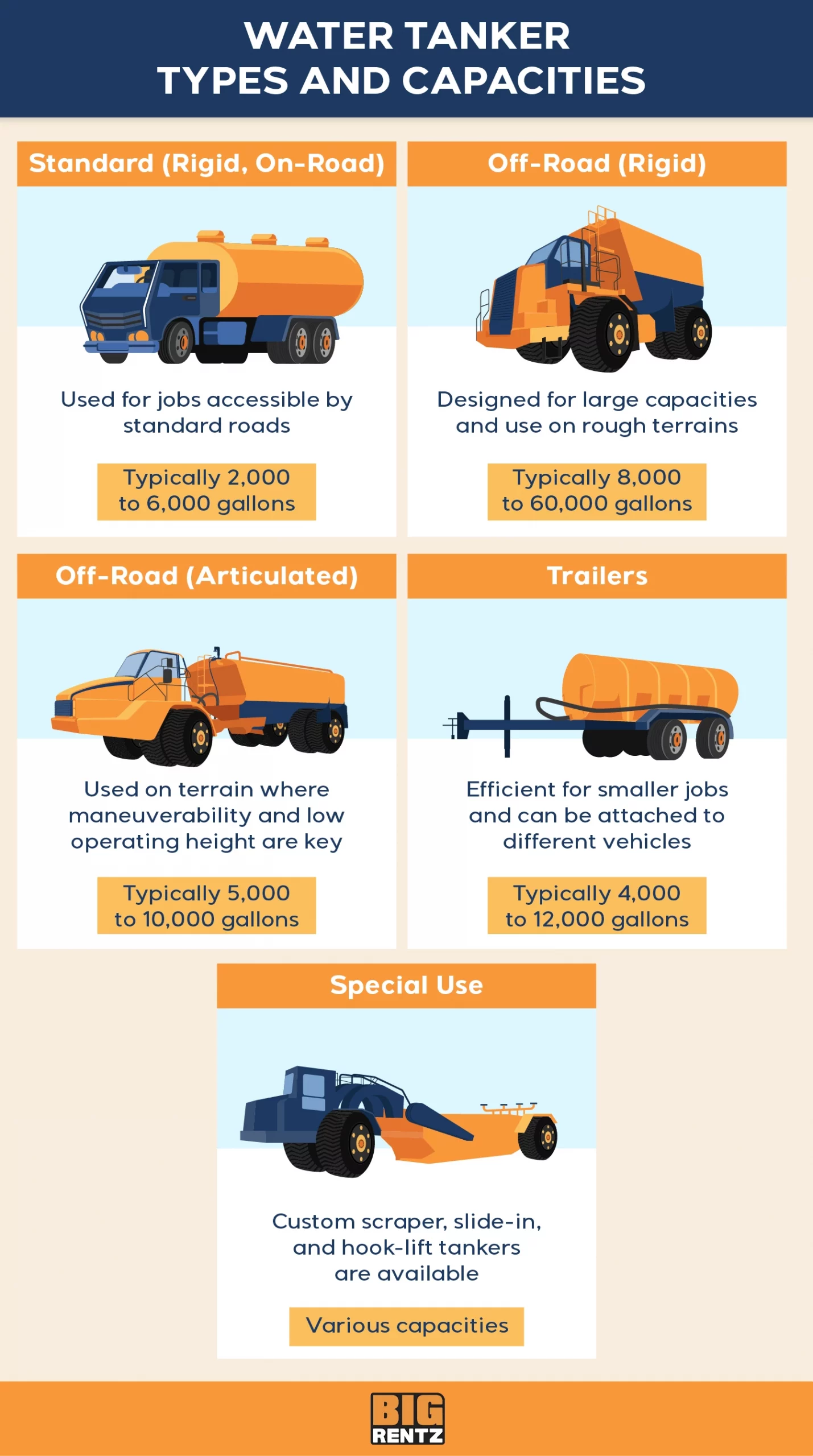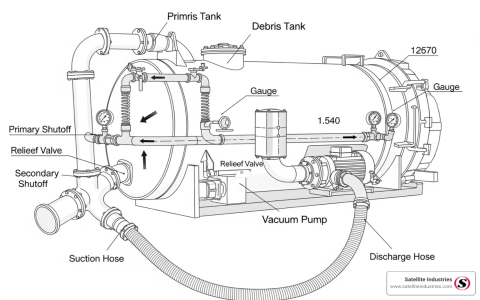Truck Mounted Water Tanks: Solutions & Key Benefits Explained
Truck Mounted Water Tanks: Solutions & Key Benefits Explained
If you’re in the market for a reliable and efficient way to transport and store water for your business or operation, you’ve likely come across the term “truck mounted water tanks.” As someone who’s spent a decade crawling under and over every kind of rig, I can tell you that these aren’t just simple containers. They are sophisticated, purpose-built systems that solve a huge range of logistical challenges. Whether you’re in agriculture, construction, fire suppression, or disaster relief, understanding the solutions and key benefits of a truck-mounted water tank is the first step to making a smart investment. This guide will break down everything you need to know, from the different types available to the concrete advantages they offer, helping you choose the perfect system for your needs.
What Exactly is a Truck Mounted Water Tank?
At its core, a truck mounted water tank is a large storage vessel securely fixed to the bed or chassis of a truck. But that simple description doesn’t do it justice. Think of it as a mobile water station. These systems transform a standard truck into a versatile workhorse capable of delivering thousands of gallons of water to places where it’s needed most. Unlike stationary tanks or temporary bladders, a truck-mounted solution offers unparalleled mobility and speed of deployment. The key components include the tank itself, often made from polyethylene or steel, a robust mounting system to handle rough terrain, and various pumps and hoses for filling and discharging. The beauty of these setups is their ability to bring a critical resource directly to the point of use, bypassing infrastructure limitations.

Exploring the Different Types of Truck Mounted Water Tanks
Not all truck-mounted water tanks are created equal. The right choice depends entirely on your application. After reviewing countless models, I’ve found they generally fall into a few key categories.
Elliptical Tanks
These are the most common type you’ll see on the road. Their low, rounded profile gives them a lower center of gravity, which is a huge plus for stability and safety, especially when navigating corners or uneven job sites. They are typically mounted on a flatbed truck and are excellent for general-purpose applications like dust control, agricultural spraying, and construction water supply.
Rectangular Tanks
If maximizing capacity within a given footprint is your top priority, rectangular tanks are the answer. They fit snugly into a truck bed, utilizing every possible inch of space. This makes them ideal for trucks with a smaller wheelbase that still need to carry a significant volume of water. They are often used for potable water delivery and industrial applications.
Potable vs. Non-Potable Water Tanks
This is a critical distinction. Tanks designed for potable (drinking) water are made from materials certified for human contact, such as FDA-approved polyethylene. They feature smooth, non-porous interiors to prevent bacterial growth. Non-potable tanks, used for things like irrigation or firefighting, may use different materials and don’t require the same level of sanitary certification. Always match the tank to the water type to ensure safety and compliance.
The Undeniable Key Benefits of Investing in a Truck Mounted System
Why go through the trouble of mounting a tank on a truck? The advantages over other water delivery methods are substantial and directly impact your efficiency and bottom line.
Unmatched Mobility and Flexibility
This is the single biggest benefit. A truck-mounted tank brings the water to the work, not the other way around. You can service multiple remote locations in a single trip, respond to emergencies quickly, and adapt to changing job site demands on the fly. This mobility is a game-changer for operations spread over a large area.
Significant Cost-Effectiveness and Time Savings
While the initial investment might seem high, it pays for itself by eliminating recurring costs. You no longer need to pay for expensive water delivery services or waste time and labor shuttling water with smaller containers. According to a U.S. Department of Agriculture report on farm efficiency, operators who switched to dedicated water trucks reported a 30% reduction in time spent on water-related logistics.

Robust Durability and Long-Term Reliability
High-quality truck-mounted tanks are built to last. Made from materials like cross-linked polyethylene or corrosion-resistant steel, they can withstand harsh environmental conditions, UV exposure, and the physical jolts of off-road travel. A well-maintained tank can serve your business reliably for a decade or more.
Enhanced Safety and Operational Stability
Modern tank designs prioritize safety. Features like baffles inside the tank prevent water from sloshing violently, which can destabilize the vehicle. Properly engineered mounting systems ensure the tank stays securely in place, and DOT-approved lighting and markings make the truck highly visible on the road.
Choosing the Right Truck Mounted Water Tank: A Practical Comparison
To make an informed decision, it helps to see how the options stack up against each other. Here’s a straightforward comparison based on my hands-on experience.
| Feature | Elliptical Tank | Rectangular Tank | Potable Water Tank |
| Best For | Stability, off-road use | Maximizing capacity | Drinking water, food service |
| Center of Gravity | Lower | Higher | Varies by shape |
| Material | Polyethylene, Steel | Polyethylene, Steel | FDA-approved Polyethylene |
| Typical Cost | $$ | $$ | $$$ (due to certifications) |
Expert Insight: What the Pros Look For
I recently spoke with John Miller, a fleet manager with over 20 years of experience in industrial logistics, who holds a certification in Advanced Transportation Safety. He emphasized one thing above all: “Don’t just buy a tank; buy a system. The integration between the truck’s chassis, the mounting hardware, and the pump is what separates a professional, reliable setup from a problematic one. Always ensure the total weight, including a full tank, is within the truck’s Gross Vehicle Weight Rating (GVWR). Overloading is a common and dangerous mistake.” This expert advice aligns perfectly with what I’ve seen in the field—a holistic approach to selection prevents costly issues down the line.
Essential Features and Smart Add-Ons
When specifying your truck-mounted water tank, consider these features that enhance functionality and safety. A well-equipped tank system is more than just a barrel on wheels.
- Internal Baffles: Crucial for reducing water surge and maintaining vehicle control.
- Certified Pumps: Choose a pump with a flow rate and pressure rating that matches your intended use, whether it’s for gentle irrigation or high-pressure cleaning.
- Spill-Free Fills: Large, secure fill ports prevent spills during refilling, protecting the environment and conserving your water.
- Stainless Steel Hardware: Opt for corrosion-resistant fittings and hardware to ensure a long service life, especially if you’re using the tank for fertilizers or other chemicals.
Answers to Common Questions About Truck Mounted Water Tanks
Q: What is the typical lifespan of a truck-mounted water tank?
A: With proper care, a high-quality polyethylene or steel tank can easily last 10 to 15 years. The lifespan is heavily influenced by the water quality (e.g., chemicals, abrasives), exposure to sunlight, and how well the mounting system is maintained to prevent stress cracks.

Q: How do I determine the right size tank for my truck?
A: This is a two-part calculation. First, know your truck’s payload capacity (GVWR minus its curb weight). Second, remember that water weighs about 8.34 pounds per gallon. A 1,000-gallon tank will add over 8,300 pounds of weight before you even account for the tank itself and the mounting hardware. Always consult your truck’s manual and leave a safe margin.
Q: Are there specific regulations for transporting water on public roads?
A: Yes, regulations can vary by state and locality. Generally, if the tank is permanently mounted and used for the truck’s operation (e.g., dust control), standard rules apply. However, if you are hauling water for hire, you may need commercial licensing. The Federal Motor Carrier Safety Administration (FMCSA) provides guidelines, but checking with your local Department of Transportation is always the best practice.
Wrapping Up
Investing in a truck mounted water tank is a strategic decision that boosts operational efficiency, enhances flexibility, and provides a reliable solution for water transportation. By understanding the different types, key benefits, and critical selection criteria, you can choose a system that will serve your needs effectively for years to come. Remember to prioritize quality, safety, and a proper match between your truck and the tank to get the most out of your investment.
Sources and Further Reading
- U.S. Department of Agriculture (USDA) – Resources on agricultural efficiency and water management. https://www.agriculture.com/
- Federal Motor Carrier Safety Administration (FMCSA) – Regulations and safety guidelines for commercial motor vehicles. https://www.fmcsa.dot.gov/
- National Fire Protection Association (NFPA) – Standards for fire apparatus, including water tanks. https://www.nfpa.org/









